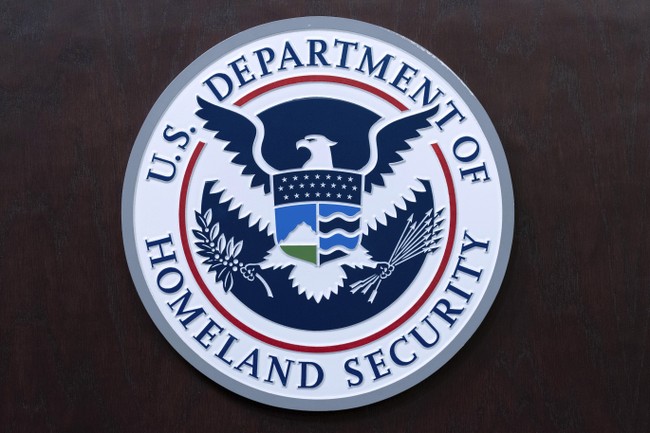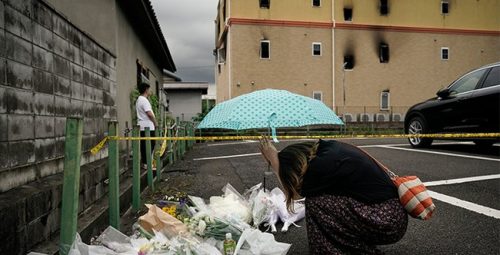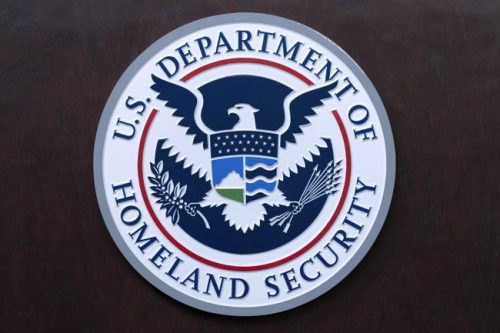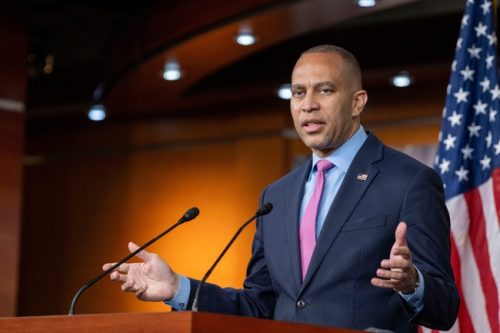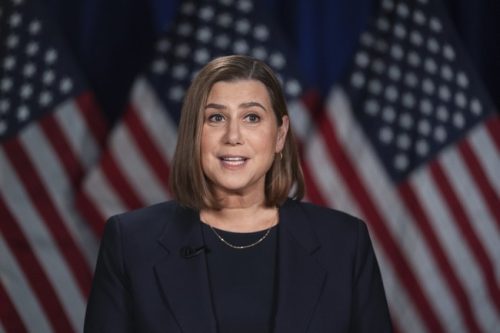The Department of Homeland Security says ICE arrested 31-year-old Akhror Bozorov, an Uzbek national wanted at home for terrorist ties, after he was found working as a commercial truck driver in Kansas with a Pennsylvania license.
The arrest announced by DHS puts a spotlight on immigration vetting and work authorization decisions that allowed a man wanted for alleged jihadist propaganda and recruitment to drive an 18-wheeler on U.S. highways. Officials say Akhror Bozorov entered the country illegally in February 2024 and later received work authorization in January 2024, enabling him to obtain a commercial driver’s license from Pennsylvania. The contrast between those approvals and the prior criminal notice from Uzbekistan raised immediate questions about screening and information sharing.
Uzbek authorities issued an arrest warrant for Bozorov in 2022, accusing him of membership in a terrorist organization and of disseminating online materials that promoted jihad and recruited others. U.S. authorities now face the task of reconciling how someone flagged by a foreign government ended up on American roads with credentials to move freight across multiple states. That gap in enforcement prompts serious concern among law-and-order advocates who see this as a preventable lapse with national security implications.
🚨 WTF? Pennsylvania gave a COMMERCIAL DRIVER’S LICENSE to an Uzbek illegal and accused TERRORIST, per @BillMelugin_
Akhror Bozorov, a wanted terrorist in Uzbekistan, was caught by ICE driving an 18-wheeler in Kansas
NO FEDERAL ROAD FUNDS TO STATES WHO GIVE LICENSES TO ILLEGALS… pic.twitter.com/e9JJCC0gWF
— Nick Sortor (@nicksortor) November 17, 2025
ICE officers located and detained Bozorov while he was operating an 18-wheeler in Kansas, and DHS publicly confirmed the arrest on Monday. The facts released so far center on his entry date, work authorization, and the foreign warrant; officials did not detail exactly how the cross-border information was missed or whether the state licensing process independently verified international alerts. Trucking firms and regulators now face questions about due diligence and the degree to which background checks for commercial drivers incorporate international criminal databases.
The political fallout is immediate and sharp from a conservative standpoint, with DHS leadership and border policy under fire for permitting dangerous loopholes. Republican critics point to a pattern where individuals who should trigger enhanced scrutiny instead receive benefits that facilitate mobility and employment in critical infrastructure sectors. That critique extends beyond a single case because commercial trucking touches supply chains and public safety, raising stakes for lawmakers who prioritize stricter border controls and vetting.
Not only was Akhror Bozorov—a wanted terrorist—RELEASED into the country by the Biden administration, but he was he was also given a commercial driver’s license by Governor Shapiro’s Pennsylvania. This should go without saying, but terrorist illegal aliens should not be operating 18-wheelers on America’s highways. Biden and Mayorkas allowed countless terrorists to come into our country. President Trump and Secretary Noem unleashed ICE to target these national security threats.
The quote above reflects the blunt political pushback from DHS’s communications office and conservatives who argue that federal and state systems failed to prevent a known risk from gaining access to a commercial license. Whether the lapse stemmed from data-sharing failures, procedural delays, or policy choices about asylum and work permits, the result is the same: a wanted man was working in a sensitive role. That reality has prompted calls for immediate audits of how work authorization and state licensing systems handle foreign criminal alerts.
From a practical enforcement perspective, ICE agents did their job once notified and effected the arrest, but critics insist prevention should have stopped him earlier. The trucking industry itself must reckon with how drivers are vetted and whether carriers rely too heavily on documentation without mandatory cross-referencing of international watchlists. State licensing agencies also come under scrutiny for how they approve commercial driver’s licenses when federal immigration flags exist or when foreign warrants are outstanding.
Lawmakers on the right will likely use this episode to press for tougher border security measures, mandatory verification against international terrorism databases, and stricter limits on work authorization for those who enter illegally. At the same time, officials will be asked to explain what went wrong and present actionable fixes that do not just shift responsibility between agencies. If policies or practices are to change, leaders must show a plan to prevent wanted individuals from slipping into positions that can threaten public safety or critical infrastructure.

